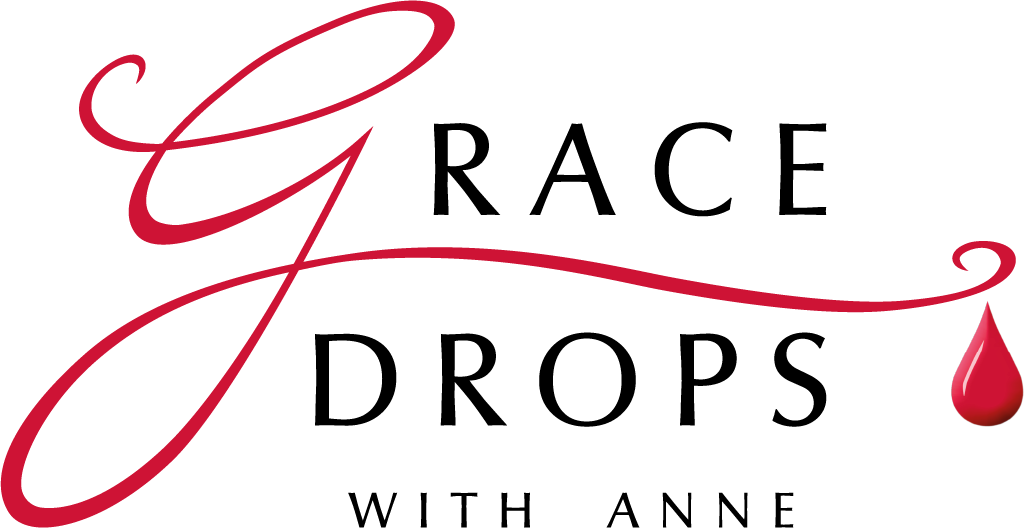In the very last chapter of the first book of Kings, King Jehoshaphat of Judah is drowning in a pickle jar and desperately trying to find a way to squirm out. He’s gone on a state visit to Samaria, visiting his daughter-in-law’s parents, Ahab and Jezebel. He’s accepted their hospitality and has therefore agreed to abide by the usual obligations that go with threshold covenant—he’s promised that, if his hosts are attacked, he’ll defend them to the death.
Ahab, however, is not above manipulating the covenant. There’s no immediate threat to Samaria but the king of Aram had, three years previously, taken the outlying fortress of Ramoth Gilead on the other side of the Jordan. So Ahab asks Jehoshaphat to help him recover it. And Jehoshaphat, finding himself suddenly dumped in the pickle jar, bounces up from the bottom with the diplomatic answer: ‘I am as you are, my people as your people, my horses as your horses.’ (1 Kings 22:4 NIV) He really can’t say anything else because of his covenantal commitments, both threshold-wise and family-wise. But he makes a desperate bid to heave himself over the edge of the pickle jar by advising, ‘First seek the counsel of the Lord.’
Four hundred prophets of Baal are sent for. This is a sad statement. A decade, perhaps two, previously Elijah had removed all the priests of Baal from the land—but here is an entire replacement group, just as numerous. They prophesy victory in the name of the lord, but Jehoshaphat is alert enough to realise that the ‘lord’ they are invoking is ambiguous. So he rests back on the edge of the pickle jar, asking if there’s a prophet of Yahweh who can be consulted.
Obviously reluctant, Ahab admits there is indeed one. ‘But,’ he reveals, ‘I hate him because he never prophesies anything good about me, but always bad.’ (1 Kings 22:8 NIV) Then comes the twist. Someone hearing this story for the first time would expect the name of the prophet to be Elijah. We’ve actually been set up to think that was the name Ahab would reveal. After all, he has admitted there’s just one remaining prophet, as Elijah had so often declared of himself. Not only that, but this prophet is obviously not afraid to challenge or rebuke Ahab—a character trait we should remember of Elijah from his first appearance.
But it’s not Elijah. And it’s not Elisha either. Even though both are still alive and both are still available.
‘He is Micaiah son of Imlah,’ says Ahab. This is a shocking and also tragic statement. Implicit in it is an assessment of Elijah. In Ahab’s view, either Elijah doesn’t represent Yahweh any longer or else he cannot be considered to hold the office of a prophet.
And the sad thing is that Ahab had a valid point.
Although Ahab would have had no idea that Elijah had been commissioned to anoint Jehu as king, he clearly recognised something was wrong in Elijah’s relationship with God.
Elijah had been tamed. He was on a leash as far as Ahab and Jezebel were concerned—he’d been given the assignment of replacing both rulers at least a decade previously, in fact perhaps more than two decades. And despite a golden opportunity when he actually met up Jehu, he didn’t take it. He let it slide.
Of course, if we track his reluctance back, we realise that Elijah was so unnerved by Jezebel’s death threats that he never fully regained his trust in God. Or perhaps it was that he’d reached the limit of his trust in God.
He could trust God to help him against Baal and Asherah, but he couldn’t trust God when Jezebel called on the other gods—that is, the brothers and sisters of Baal, those ‘young lions’ who claimed Asherah as a mother. When it came to Jezebel invoking the combined force of all the remaining principalities of the Canaanite pantheon, he was unsure whether God would protect him.
The limit of our trust in God is just that—an impassable barrier that faith can’t move. How can it? We’ve reached the end of our own resources and we don’t trust God enough to reach for Him or even ask for His help.
But the first step is to recognise this lack of trust. And the second is to humbly say, ‘I can’t even trust You enough to ask for help. You’ll have to give me even that—the power to ask You.’
When we examine the faithline of Elijah, we see years of procrastination, delay and ultimately defiance. The latter manifests particularly clearly in Elisha’s protégé, Jonah. The Elijah mantle, when we trace it through John the Baptist, Jesus and Simon Peter is for the bringing in of the Gentiles. And for turning the hearts of fathers to their children and the hearts of children to their fathers.
For those who have inherited that mantle in this generation, there is a work of forgiveness and repentance necessary in the faithline so that the mending can proceed and the Elijah assignment advanced. Repent of procrastination, delay and defiance. Forgive those who have borne the mantle and have manifested those signs of rebellion.
Deal with your own heart before you turn your attention to healing the hearts of others.
This is Grace Drops and I’m Anne Hamilton. May the Lord and His Spirit be with you today.

Thank you to Lorna Skinner of www.riversofmusic.co.uk for the background music.
For more on Elijah’s mantle, see Dealing with Lilith: Spirit of Dispossession or The Elijah Tapestry. Please get in touch through the contact form at Armour Books if you are in the US, UK or Australia and there are availability/price issues at the retailer.


So on point in many ways. I love this section:
Deal with your own heart before you turn your attention to healing the hearts of others.
I k ow I’ve been through more than the average and still search for that place to be content with my Heavenly Father in trusting Him with everything. It’s come a long way from where it’s been; but I do yet long for more. Thank you ever so much for this. Looking into more of your work, writings and books. Blessings!